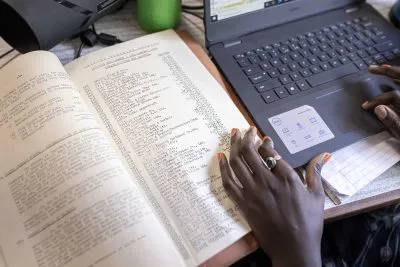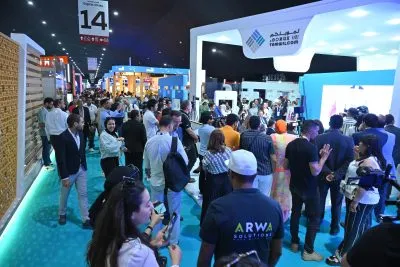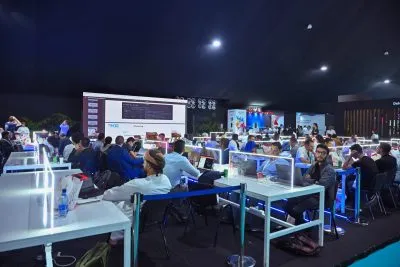A largely African company, Liquid Telecom, is working around the clock to bring world-standard, high-speed internet and telephony connectivity to Africa. Once in place, Africa will be on a par with the most advanced nations in terms of IT connectivity. The impact of this on the continent’s economic transformation will, without a doubt, be colossal. African Business Editor Anver Versi in conversation with Liquid Telecom CEO, the Zimbabwe-born Nic Rudnick.
Nic Rudnick is a man in a hurry; he brings to mind the Indian phrase: ‘The task is long but time is short’. Nevertheless, there was nothing hasty about the tall young man who ushered me into his offices in one of the very modern, steel and glass structures now dominating the neighbourhood of the City of London. Liquid Telecom also has offices in 12 African countries.
For someone whose company is generating a lot of noise in corporate Africa, Rudnick is very soft spoken, almost shy. You get the impression he would rather be in the field, in some remote part of Kenya overseeing the laying of yet another kilometre of fibre-optic cable than pacing about offices in London. But the London office, tastefully done up in a blue theme, is a very busy place. It plays a crucial role in connecting up all the various bits that go into making the enterprise.
And the enterprise is to provide the fastest, highest-quality telephony and internet connectivity to Africa. To do this, Rudnick is digging up trenches and laying thousands of kilometres of fibre-optic cables in Southern and Eastern Africa. These cables are eventually connected to submarine cables that surround Africa and are linked to internet exchanges in Europe and the rest of the world.
If such a thing were possible, he would like to connect up all homes to the fibre-optic rings that he throws around urban areas. Once in place, every household can be connected to the global digital universe and pick and choose whatever it wants – from basic internet and telephony to music, movies, live events, educational courses, online shopping and on and on.
Internet connectivity has moved on since the days when you needed satellites to provide data and voice connectivity; most of it now uses fibre-optic cables which have the almost miraculous capacity of being able to transmit gigantic amounts of data over fairly slim cables.
The difference in quality, speed and cost from the old days is enormous. But first, the connections have to be made – cables have to be laid from the submarine cable landing points to various African countries. And here is the rub – laying cable over vast distances in Africa is an adventure in every sense of the word. It takes a leap of faith, enormous self-confidence and a stubbornness that borders on the foolhardy. “And luck,” Rudnick adds.
Luck and everything else has been with him so far. In six years, his company has laid over 18,000 kilometres of cable and connected up 14 countries to the network. This would be quite an achievement even for a dyed-in-the-wool IT engineer; Rudnick, who was born in Bulawayo, Zimbabwe, was trained as a lawyer at the University of Cape Town. He worked with Econet International’s Strive Masiyiwa, who made international headlines when he won a landmark ruling removing the states’ monopoly on telecommunications in 1998. This is regarded as one of the most important milestones in opening up African telecommunications to the private sector.
Want to continue reading? Subscribe today.
You've read all your free articles for this month! Subscribe now to enjoy full access to our content.
Digital Monthly
£8.00 / month
Receive full unlimited access to our articles, opinions, podcasts and more.
Digital Yearly
£70.00 / year
Our best value offer - save £26 and gain access to all of our digital content for an entire year!
 Sign in with Google
Sign in with Google 



